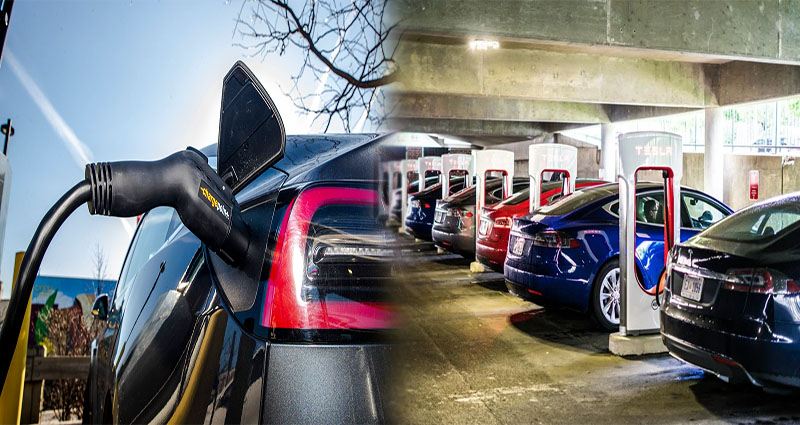As the world strives to reduce greenhouse gas emissions and combat climate change, governments around the globe are implementing various incentives and regulations to encourage the adoption of electric vehicles (EVs). These measures aim to accelerate the transition from traditional gasoline-powered vehicles to cleaner and more sustainable transportation options. In this article, we will explore the role of government incentives and regulations in driving the growth of electric vehicles.
Financial Incentives
Governments are offering a range of financial incentives to promote the purchase and use of electric vehicles. These incentives typically come in the form of tax credits, rebates, and grants that help offset the higher upfront costs of EVs. By reducing the financial barrier, governments are making electric vehicles more affordable and appealing to a wider audience.
Some incentives also target the installation of home charging stations, further encouraging EV ownership and convenient charging options. Additionally, governments may provide incentives for businesses to invest in electric vehicle fleets, accelerating the adoption of clean transportation in commercial sectors.
Purchase and Registration Benefits
To encourage the purchase and registration of electric vehicles, governments often provide benefits such as reduced sales tax, registration fees, and toll discounts specifically for EV owners. These incentives aim to incentivize consumers to choose electric vehicles over conventional vehicles by offering cost savings and advantages that contribute to the overall appeal of EV ownership.
Moreover, several regions offer preferential parking spaces specifically for electric vehicles, allowing EV owners to access convenient parking spots closer to their destinations. These benefits not only improve the user experience but also make owning an EV more enticing to potential buyers.
Emissions Standards and Zoning Regulations
In an effort to decrease carbon emissions and improve air quality, governments are setting increasingly stringent emissions standards for vehicle manufacturers. These regulations require car manufacturers to produce a certain percentage of zero or low-emission vehicles, including electric vehicles, in their vehicle lineup. By pushing manufacturers towards cleaner vehicle production, governments are indirectly driving the expansion of electric vehicle options in the market.
Some regions have implemented Zero-Emission Vehicle (ZEV) mandates, requiring automakers to sell a specific percentage of electric vehicles or face penalties. These regulations create a strong incentive for automakers to invest in EV technologies and drive the development and availability of electric vehicles for consumers.
Charging Infrastructure Investment
To support the growth of electric vehicles, governments are investing in the development of charging infrastructure networks. This includes funding for public charging stations in urban areas, major highways, and parking facilities, among other locations. By expanding the charging infrastructure, governments aim to alleviate range anxiety and provide convenient and accessible charging options for EV owners.
Additionally, some governments offer grants and incentives for businesses, landlords, and homeowners to install private charging stations, boosting the accessibility and convenience of charging for electric vehicle owners.
International Cooperation and Collaboration
Governments are also collaborating internationally to drive electric vehicle growth. This includes sharing best practices, knowledge, and experiences to accelerate the adoption of electric vehicles across borders. International agreements and partnerships aim to harmonize regulations, standardize charging infrastructure, and promote the expansion of electric vehicles on a global scale.
The Impact of Government Incentives and Regulations
Government incentives and regulations play a significant role in driving the growth of electric vehicles. These measures not only make electric vehicles more affordable and appealing to consumers but also create a favorable market environment for automakers to invest in electric vehicle technologies and expand their offerings.
The combination of financial incentives, favorable regulations, and a well-developed charging infrastructure stimulates consumer demand, encourages technological advancements, and promotes the overall sustainability of transportation systems. Through these efforts, governments are creating a positive cycle for electric vehicle growth, establishing a path towards a more sustainable and cleaner future.
Government incentives and regulations have proven effective in accelerating the adoption of electric vehicles. By offering financial incentives, favorable policies, and supporting the development of charging infrastructure, governments are driving the growth of electric vehicles and paving the way towards a more sustainable and greener transportation system.





